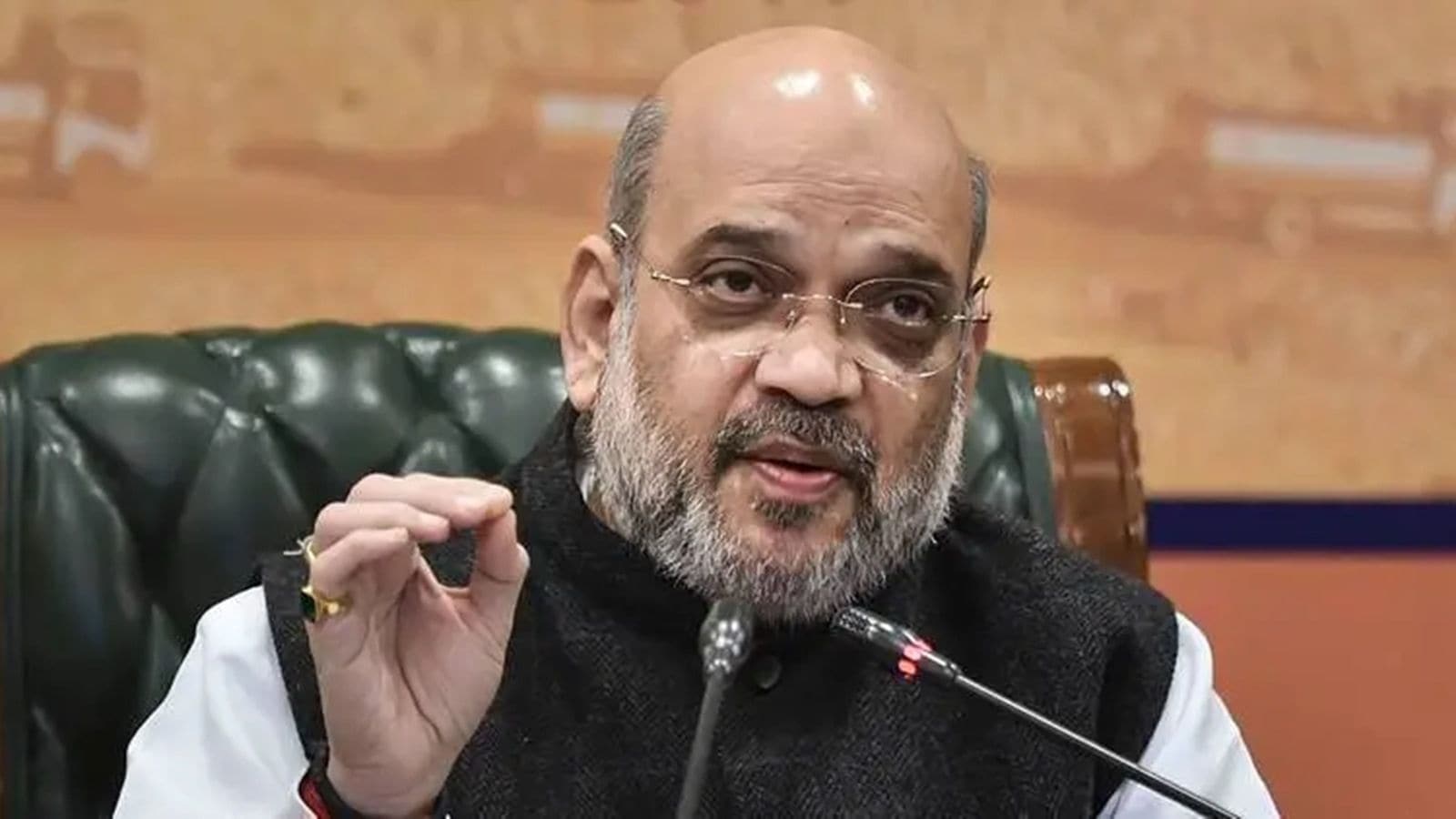Deputy Speaker of the Tamil Nadu Legislative Assembly K. Pitchandi said on Sunday (August 24, 2025) that democracy was not only the rule of the majority but also the protection of the minority.
Speaking at the All India Speakers Conference in New Delhi, he said while India has been recognised as the world’s largest democracy, it was worth noting that some observers had raised “concerns about democratic backsliding” in recent years.
“The problems arose when we considered how the principles could be put into practice, because we need a mechanism for deciding how to address conflicting views,” he said. “Because it offers a simple mechanism, democracy tends to be ‘rule of the majority’, but rule of the majority can mean that some people’s interests are never represented. Democracy is not only the law of the majority, but also the protection of the minority,” Mr. Pitchandi contended.
“The basic interests of minorities as well as majorities need to be safeguarded in any democratic system by adherence to human rights principles, reinforced by an effective legal mechanism, whatever the will of the majority may be,” the Deputy Speaker said. He contended that it was the right time to think consciously “whether we really follow democratic principles in their true sense, in the process of political decision-making for the welfare of the people.”
A democracy was a government on behalf of all the people, according to their ‘will’, he said. “It is not merely a number game in politics. Properly understood, democracy should not even be ‘rule of the majority’, if that means, minorities’ interests are ignored completely,” Mr. Pitchandi contended.
In recent years, there has been concerns about the status of democracy, perhaps particularly in the more established democracies. “Much of this is based on decreasing levels of citizen participation in elections, large-level malpractices in conducting elections, which appear to indicate a lack of interest and involvement on the part of citizens,” he said.
“A low voter turnout calls into question the legitimacy of so-called democratically elected governments, which are, in some countries, actually elected by a minority of the total electorate. Although it is undoubtedly a problem that people are increasingly failing to vote in elections, there are some studies which indicate that participation in different forms may actually be on the rise, for example, pressure groups, civic initiatives, consultative organs, and so on,” he said.
Mr. Pitchandi also hailed the first Indian elected Speaker late Vithalbhai Patel for his legal acumen and patriotic fervour, playing a key role in India’s Constitutional development.



.png)
.png)
.png)
















 1 day ago
4
1 day ago
4








 English (US) ·
English (US) ·